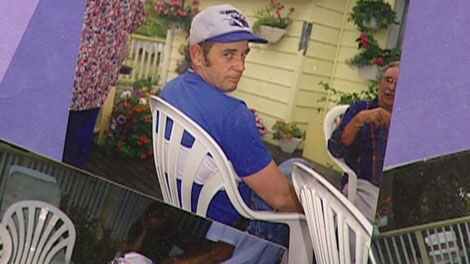
An inmate serving an indeterminate sentence at a medium security prison in B.C.’s Fraser Valley has died, officials announced Tuesday.
The in-custody death happened on Sunday at Mountain Institution in Agassiz, according to a statement from Correctional Service Canada.
The CSC said Gary Donald Johnston had been serving his sentence for second-degree murder since Nov. 3, 2011.
The correctional service’s statement doesn’t elaborate on the circumstances of the killing for which Johnston was sentenced, but online court records indicate he was convicted in 2011 for the 1998 slaying of Victor Fraser at a home in North Surrey.
An autopsy found Fraser had been stabbed in the neck eight or nine times.
Johnston and his brother Michael were persons of interest in the case in the late 1990s, and Michael told investigators that Gary had committed the crime, according to court documents.
In April 2000, before he could be arrested or charged with Fraser’s murder, Gary Johnston pleaded guilty to manslaughter in a separate case in Saskatchewan, where he was sentenced to 10 years in prison.
After his release on parole in 2009, police targeted Johnston in a so-called “Mr. Big” operation, in which undercover officers posed as members of a criminal organization and hired him to perform various tasks, with the goal of getting him to trust officers enough to confess to the Fraser murder.
Police spent five and a half months and $14,000 on Johnston, who eventually told an undercover officer about the murder, providing details that it was likely only the killer could have known, according to court documents.
In 2014, Johnston appealed his conviction, arguing that evidence provided to police by his brother should have been ruled inadmissible. He didn’t contest the Mr. Big evidence at the first appeal, but after the Supreme Court of Canada issued a major ruling on the admissibility of evidence from Mr. Big stings later that year, Johnston petitioned the country’s highest court for the opportunity to appeal again, which it granted.
In 2016, the B.C. Court of Appeal dismissed this second appeal, ruling that the officers involved in the investigation had not used any unacceptable investigative techniques.
When an inmate dies in CSC custody, the agency’s policy requires that police and coroner be notified. Johnston’s next of kin has also been notified of his death, according to the CSC.
The service says it is reviewing the circumstances of Johnston’s death, as it does whenever an inmate dies.
